Colour NOTES
Sophie-Rose Goldsworthy, Manager at Goldsworthy’s Hairdressing, talks changing of the seasons and the rise of pastel hair
What advice would you give to a trainee colourist?
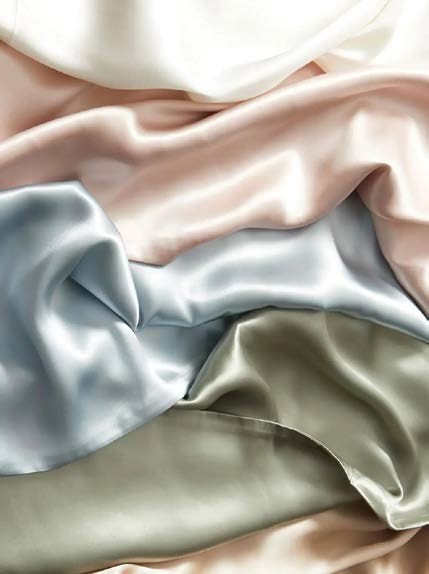
MATERIALS I love how silk reflects different tones in the light, marble has bold veins running through it and how copper transforms from a rich bronze to a pearly mint green.
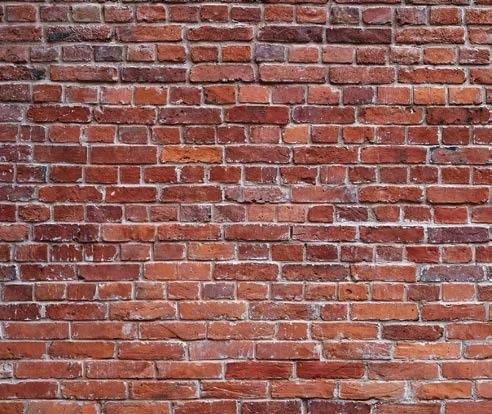
A WORLD OF POSSIBILITIES After using a paint colour sampler at B&Q, I realised that anything could become inspiration for a colour. I love brick-red!
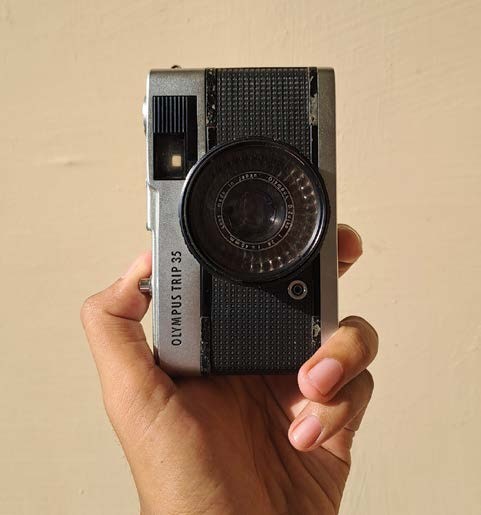
PHOTOGRAPHY I keep a folder on my phone of various photographs I take when Iam out and about, to give my clients a bespoke shade chart.
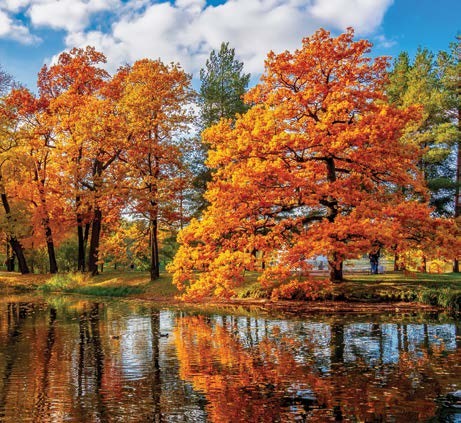
SEASONAL CHANGES I love all weathers and how everything around us transforms, blooms and falls.
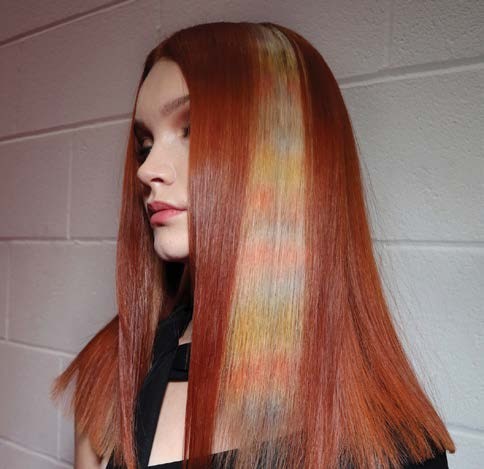
FABRICS Looking at different patterns and fabrics was what inspired me to create my own tie-dye hair effect.
What do you love most about being a colourist?
I love the blend of science and creativity – getting to merge my technical expertise with artistic intuition – which allows me to uniquely tailor each client’s appointment to their wants and needs.
What is the most important question you ask in a colour consultation and why?
I always ask questions about their lifestyle; understanding how much time, effort, and money they are willing to invest in their hair allows me to recommend a shade and technique that aligns with their routine.
What colour trends are you pleased to see out of fashion?
Honestly, there isn’t anything I have ‘hated’ in the history of colour. Colour is a way to express creativity and trends play such an important part in hairdressing, inspiring stylists and clients to push boundaries or try a new technique or shade.
Are there any colour trends you’d like to bring back?
The rose-gold era: anything along the lines of apricots, pinks or warm honeypot tones has been catching my attention lately. From porcelain to deep skin tones, I think there’s a shade in this family to suit everyone.
What are the challenges facing colourists right now?
The highs and lows of social media. The highs – education is more accessible, it's a great way to promote your work and connect with new clients. The lows – everyone is an expert. It doesn’t matter if you have 20 years’ experience, there will be someone out there telling you that you are foiling wrong.
What do you think will be the next big colour trend?
Pastelisation of last year’s most popular colours; softer hues will start to replace the punchy tones we saw throughout 2023 as a knock-on effect from the Pantone colour of the year being peach fuzz.
What colour technique are you known for?
The majority of my clientele have custom colour created with balayage, or freehand and foiling techniques. I work a lot with hair lightening, creating new toner formulas and ensuring my cliPARents have beautifully blended hair.
What colour creation makes you most proud?
Last year I was invited to represent L’Oréal Professionnel Paris at the ‘Women in Colour’ evening. For this event I created a new colour technique to showcase a tie-dye effect in the hair, I then demonstrated this at Salon International on the Artist Spotlight Stage.
What advice would you give to a trainee colourist?
Know your science. I’ve always loved the practical side of colouring and getting creative, but it wasn’t until I went further into the world of colour and the science of hair that it all clicked for me.
What is the biggest lesson you’ve learnt from being a colourist?
Be honest when communicating with clients and don’t be afraid to say no. When training I was so excited to start doing clients that I would accept any request, even if I didn’t think it should be carried out. Try to maintain client expectations – the phrase ‘under-promise and over-achieve’ is a good rule.